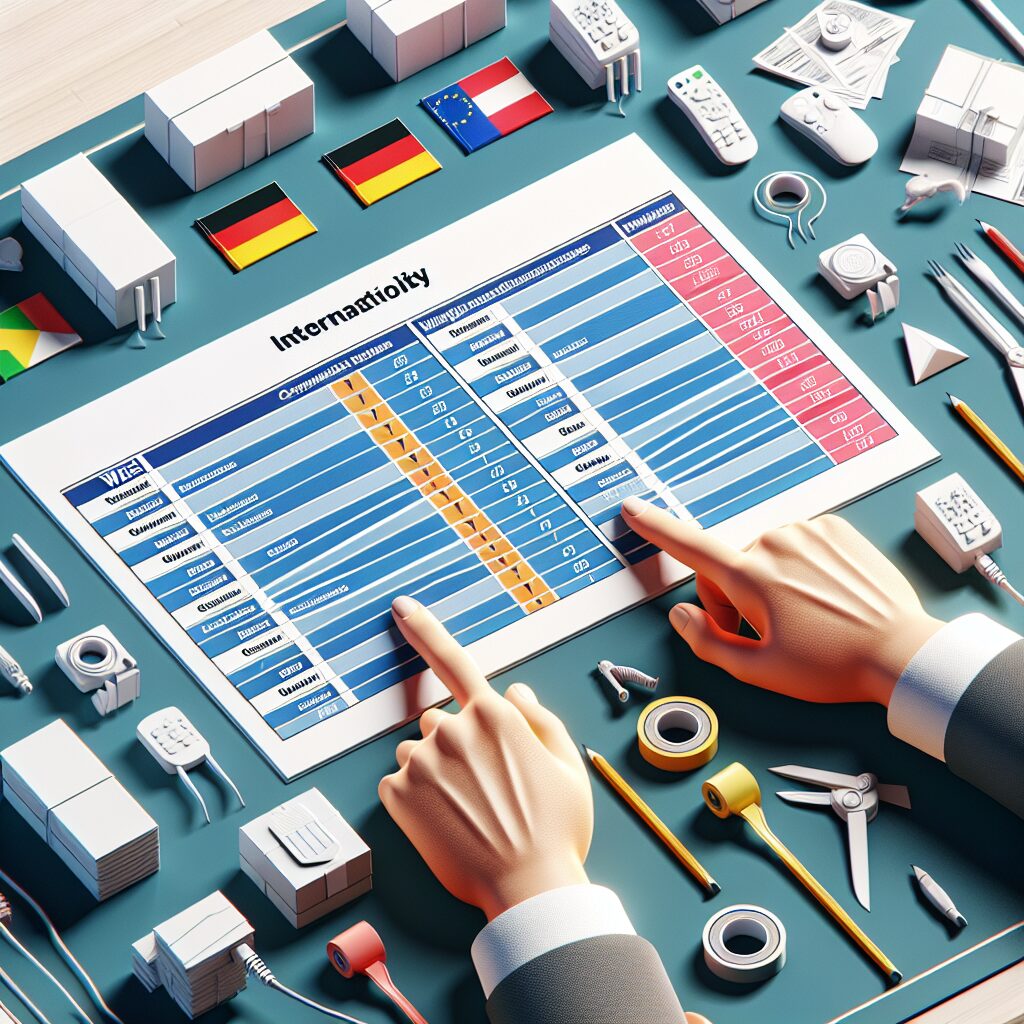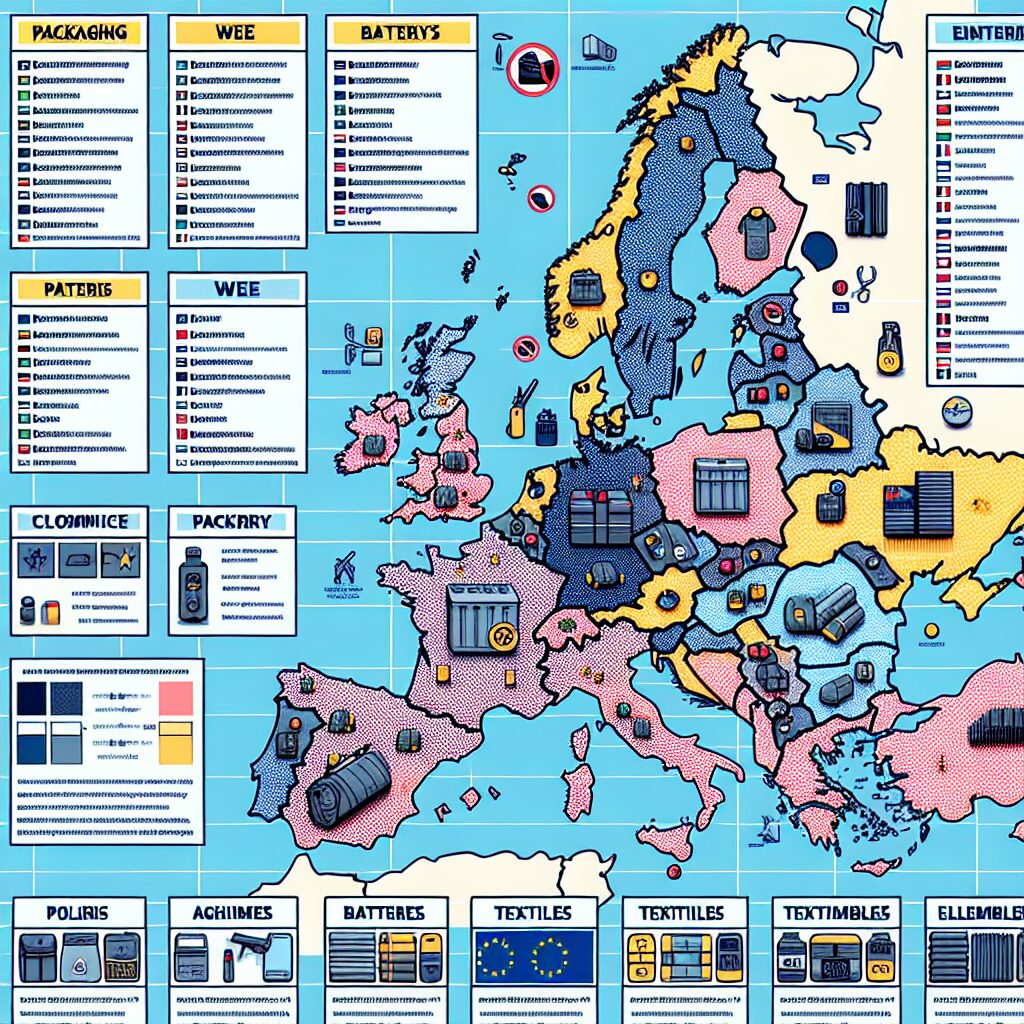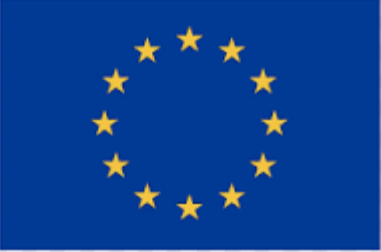About eldris
Epr.eldris.ai leads the EPR sector, in fast, automated, AI Agent EU Complaince. LUCID Packaging, WEEE, and Battery Compliance for Brands, E-Commerce and Service based businesses expanding into the EU.
In This Article
- Germany packaging EPR laws apply to all sellers distributing products to Germany, regardless of location.
- Registering on the LUCID portal is mandatory and must be completed before any sale.
- A contract with a recognised dual system is required and must be disclosed in LUCID.
- Accurate and frequent packaging volume declarations are essential to avoid audits or penalties.
- Online marketplaces will enforce EPR compliance by checking seller registrations and may delist non-compliant vendors.
- Automation tools like eldris.ai help streamline and monitor ongoing compliance obligations.
- International sellers must appoint authorised representatives when required by law.
What Is Germany’s Packaging EPR Law?
Understanding VerpackG and Producer Responsibility
The term “Germany packaging EPR” refers to the obligations placed upon producers under German Extended Producer Responsibility (EPR) regulations. At the core of this regulatory structure is the Verpackungsgesetz, or VerpackG—Germany’s Packaging Act—which was introduced to ensure that producers who place packaged goods on the German market are responsible for the collection, recycling, and disposal costs of that packaging post-consumer use.
VerpackG aims to reduce the environmental impact of packaging waste and push producers to consider eco-friendly, recyclable, or minimal waste options. Any company, whether based in Germany, the EU, or abroad, that sells, ships or distributes packaged goods to German end users is likely to be considered a “producer” under the law.
To enforce accountability, every obligated business must not only register with the Central Agency Packaging Register (Zentrale Stelle Verpackungsregister or ZSVR) via the LUCID portal but also license its packaging quantities with a certified dual system. Failure to comply with these requirements can result in fines of up to €200,000, sales bans, or both.

Key Changes for Sellers in 2025
LUCID Registration, Displaying EPR Numbers & Enforcement
The 2025 amendments to the Germany packaging EPR regulations carry significant implications for both new and existing sellers across all sectors, particularly those operating through online marketplaces. One of the headline changes is the mandatory public display of EPR registration numbers. Marketplaces like Amazon and eBay will now be required to enforce this rule, removing any listings that fail to show valid LUCID numbers proactively.
Sellers must not only register themselves on LUCID but also provide proof that they have entered into a valid packaging licensing contract with a dual system. No packaging—whether primary (consumer-facing), secondary (grouping), or transport packaging—is exempt from EPR considerations under the new interpretation.
Moreover, starting in 2025, regular packaging data declarations—monthly or quarterly depending on business size—will become crucial. These declarations help authorities track recycling efforts and audit companies effectively. Sellers will need to calculate and report their supplied packaging weight for each material type (plastic, paper, aluminium, etc.) with transparent digital records.
Germany’s 2025 EPR reform brings packaging compliance to the forefront—failure to display your LUCID ID could get you banned from selling.
Step-by-Step: Registering on the LUCID Portal
Registering with LUCID is a non-negotiable first step in meeting your Germany packaging EPR obligations. The process, while free of charge, must be completed correctly to avoid rejection or delays.
1. Create an Account
Visit the official LUCID registration platform and sign up as a “first distributor” (Erstinverkehrbringer). Use your legal company name and valid VAT or tax identification number.
2. Identify Who Is Responsible
Designate a compliance contact—the person responsible for ongoing packaging reporting and legal attestation. This ensures seamless correspondence with the ZSVR.
3. Declare Packaging Types
Indicate the packaging categories you place on the German market—transport, retail, grouped packaging and electronic/e-commerce packaging are typical options.
4. Submit Confirmation Notice
Once the digital form is completed, confirm your registration. You will instantly receive a LUCID ID number, which must be prominently displayed on all sales channels.
Choosing a Dual System for Packaging Licences
Registration alone is not enough. Sellers must also select and contract with a certified “dual system”—organisations responsible for coordinating Germany’s packaging recycling infrastructure. These systems distribute collected packaging to licensed recyclers and charge businesses based on reported packaging volumes.
Common dual systems include Der Grüne Punkt (DSD), Interseroh, Landbell, and Reclay. While pricing varies, they all require accurate weight allocations and frequent reporting. Selecting the right system depends on your volume levels, customer locations, and packaging material types. Always verify that your chosen provider is officially recognised by the ZSVR.
Once an agreement is signed, sellers are obliged to upload proof (license certificate) to their LUCID registry and begin reporting packaging volumes. Choose a scalable system if you anticipate growth in Germany.
Packaging Data Reporting Requirements
After successful registration and system selection, the next vital EPR task is packaging reporting. This duty, often underestimated, is integral to demonstrating compliance under the VerpackG.
Volume Disclosure and Timelines
Sellers must submit data declarations to both LUCID and their chosen dual system. For small sellers, this could mean quarterly updates; for larger enterprises, monthly reporting may be mandated. Declarations must list each type of material, its mass in kilograms, and intended packaging use. Inaccurate reports may trigger audits or licence revocations.
Annual Declaration of Completeness
Businesses exceeding annual thresholds (i.e., 80,000 kg of glass, 50,000 kg of paper/cardboard, or 30,000 kg of plastics/metals) must also file an audited “declaration of completeness” once per year. This audit must be conducted by a certified environmental accountant or similar expert.
Penalties for Non-Compliance in Germany
Germany packaging EPR compliance is not merely a best practice—it is a legal obligation. Enforcement mechanisms are particularly strict in 2025 and beyond. Non-compliance can result in multiple punitive outcomes.
Administrative fines of up to €200,000 may be levied against companies that fail to register, submit false data, omit dual system licensing, or attempt to bypass marketplace documentation checks. Additionally, non-compliant products may be legally barred from sale on German platforms, often removed automatically during compliance audits.
Brand integrity and customer trust may also suffer, especially when products vanish unexpectedly from Amazon or eBay storefronts due to packaging irregularities. In repeat cases, businesses can be criminally prosecuted for persistence in EPR neglect. Official LUCID Packaging Register guidance
Selling on Amazon, eBay, and Other Marketplaces
Online marketplaces are increasingly central to Germany’s EPR enforcement efforts. Under updated 2025 laws, platforms including Amazon, Zalando, Otto, and eBay are liable if their vendors violate VerpackG. This places pressure on sellers to fully align with Germany packaging EPR requirements before listings go live.
These platforms now require instant validation of a vendor’s LUCID number. Amazon, for instance, may request dual system contract information and packaging data to cross-check against your uploaded documents. Without automated or manually updated fields, your listings risk being suspended, or worse, deleted fully.
Sellers from outside the EU are not exempt—they must appoint a legal representative (Authorised Representative) based in the European Union when requested. Use of external consultants or digital management tools can simplify this. Explore options via Learn more about EU Packaging, EPR & Compliance to stay listed and compliant.
Cost-Saving Options for EPR Compliance
Maintaining Germany packaging EPR compliance doesn’t have to derail your budget. Several strategies can effectively reduce licensing and operational costs while meeting every legal expectation.
Optimise Your Packaging Design
Lightweighting packaging or switching to recyclable and monomaterial options not only reduces dual system fees—based on material type—but also helps meet EU-wide sustainability expectations. For example, switching from PVC to cardboard may halve licensing expenses annually.
Bundle EPR Services
Some providers offer umbrella compliance solutions, bundling Germany packaging EPR obligations with WEEE and battery compliance. This allows for easier communications, aggregated invoicing, and potential bulk savings.
Use Digital Oversight Tools
Employ software solutions that calculate packaging weights and auto-file declarations across LUCID and dual systems. These platforms offer multi-country compliance via dashboard management and API integrations. Read a related article
Tips for International (Non-EU) Sellers
Non-EU sellers shipping goods to Germany often underestimate how Germany packaging EPR laws affect them. In truth, foreign sellers are treated in the same regulatory way as domestic ones. Therefore, if you send any packaged product directly to German consumers—or via fulfilment networks—you must register under VerpackG and file reports accordingly.
Key difficulties for international sellers include:
- Language barriers during LUCID or dual system registration
- Bank account or VAT verification restrictions
- Appointment of a German-based Authorised Representative
- Unfamiliarity with EU waste taxonomy and recycling metrics
To overcome these hurdles, it is strongly advised to partner with EPR compliance professionals that offer cross-border services and multilingual portals. Look for transparent pricing, responsive helpdesks, and proper ZSVR registration credentials. Mastering seamless EU regulatory compliance
How eldris.ai Helps You Automate Germany EPR
EPR compliance in Germany can feel overwhelming, but tools like eldris.ai remove the complexity through intelligent automation. Our platform is designed for sellers across Europe, Asia, and North America aiming to meet their Germany packaging EPR responsibilities without stress.
eldris.ai links directly with the LUCID portal, dual systems, and marketplace APIs. This enables features such as auto-reporting of your packaging totals, timely legal notifications, and full document archiving for audit readiness. You input SKUs, packaging types, and material weights—eldris handles the rest.
Our dashboard provides real-time compliance scores, multilingual form support, and market-specific guidance. Whether you’re new to EPR or scaling your fulfilment in Germany, our platform grows with your needs.
Conclusion: Stay Compliant in 2025 and Beyond
[CONCLUSION_CONTENT]
Great guide on germany-packaging-epr-lucid-2025-seller-readiness-guide – Community Feedback
What is required for packaging EPR compliance in Germany in 2025?
From 2025, all sellers shipping packaged goods to Germany must register with LUCID, obtain a packaging licence, report packaging volumes, and display their EPR number on platforms such as Amazon and eBay. This follows VerpackG and new laws covering single-use plastics.
How do I register with the LUCID Packaging Register?
Sellers must create a free account at the official LUCID Packaging Register, enter business and packaging details, and link their dual system licence. Once registered, you’ll receive a unique LUCID number for marketplace verification.
What are the penalties for non-compliance with EPR and LUCID in Germany?
Non-compliance with EPR and LUCID registration can result in fines up to €200,000, sales bans by marketplaces, and product removals. Registration and ongoing reporting are mandatory for all brands and sellers placing packaging on the German market.










